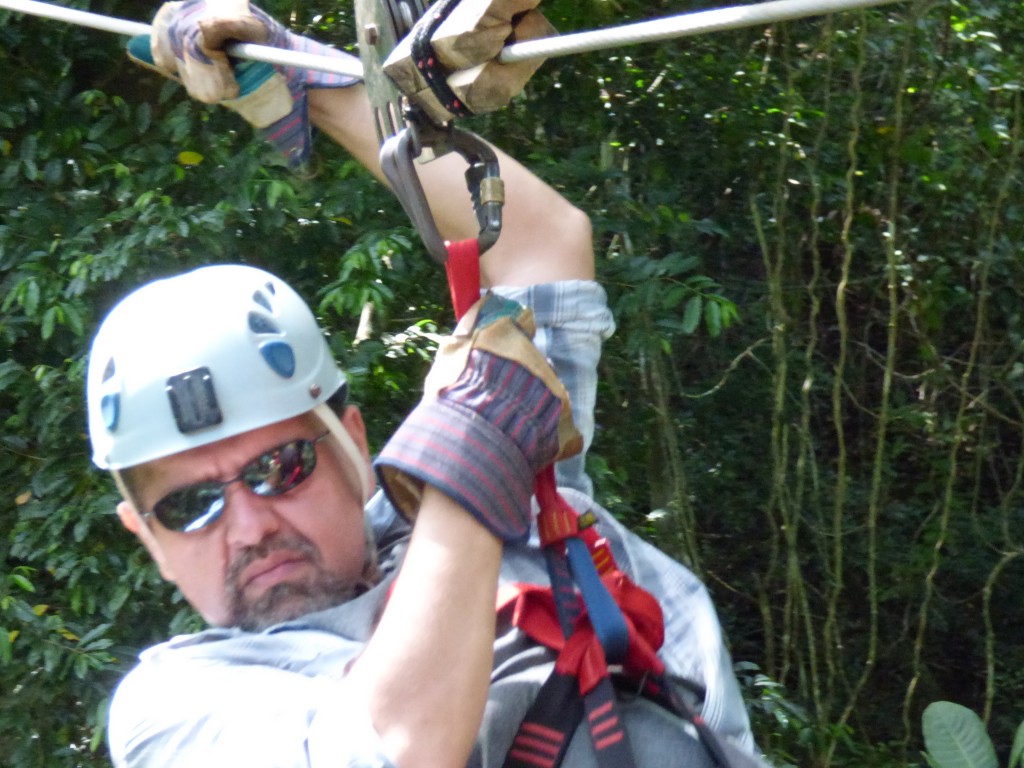Every once in a while someone will send in a resume through our sales inquiry form or they’ll call the main line and ask if we’re hiring. I suppose when you’re looking for work you need to try every approach and take any opportunity to ask.
Once in a really long time I will get a professor from my old school contact me about a protegé that needs work experience or some recent grad will look through the former student rolls and randomly call people and push the “old school ties” to see if they can land a job.
“A” for effort but that’s not going to work with me. I suppose it may have been possible at one time that going to a particular university may have insured you landing a good job no matter what your qualifications may have been. I’ve personally never met anyone who claimed this dubious honor. I know I wouldn’t brag about it if I had landed a job like that.
Nowadays I really can’t see this happening anymore. Employees are investments as well as resources.
An employer will spend a significant amount of money recruiting, paying a salary to, setting up benefits for, and providing training for a new hire. In small companies every employee is crucial to the success of the business. Many times employees in small companies have to take on a wide variety of different jobs and there really isn’t room for such favoritism based on something so arbitrary as having the same university in common.
You need people who can do not just the work assigned to them but be flexible enough to take on other responsibilities as well.
If I see a resume from a fellow former student (There is no such thing as an Aggie alumni) I will wish them luck. I will reminisce with them about the school. I will acknowledge that they went to a good university. I know that they are willing to work hard. But that’s all I know. I can’t draw any other inferences from the university that they attended. I don’t know anything about their ability to think or how they work with other people or what their particular strengths or weaknesses are.
Old school ties belong at reunions, they belong at tailgate parties for football games in the fall, they belong on maroon t-shirts but they definitely don’t belong in the job interview process.

Recent Comments